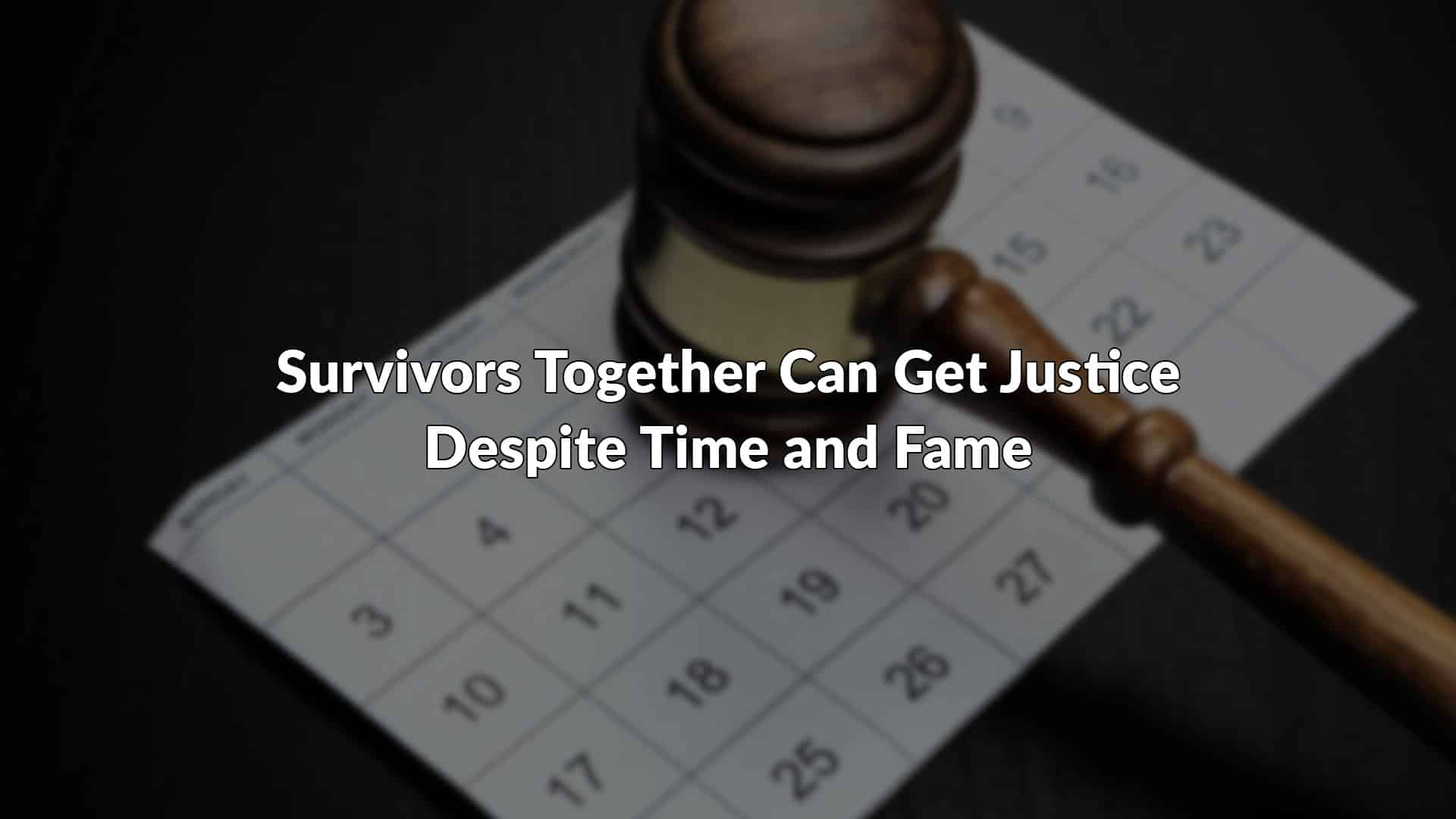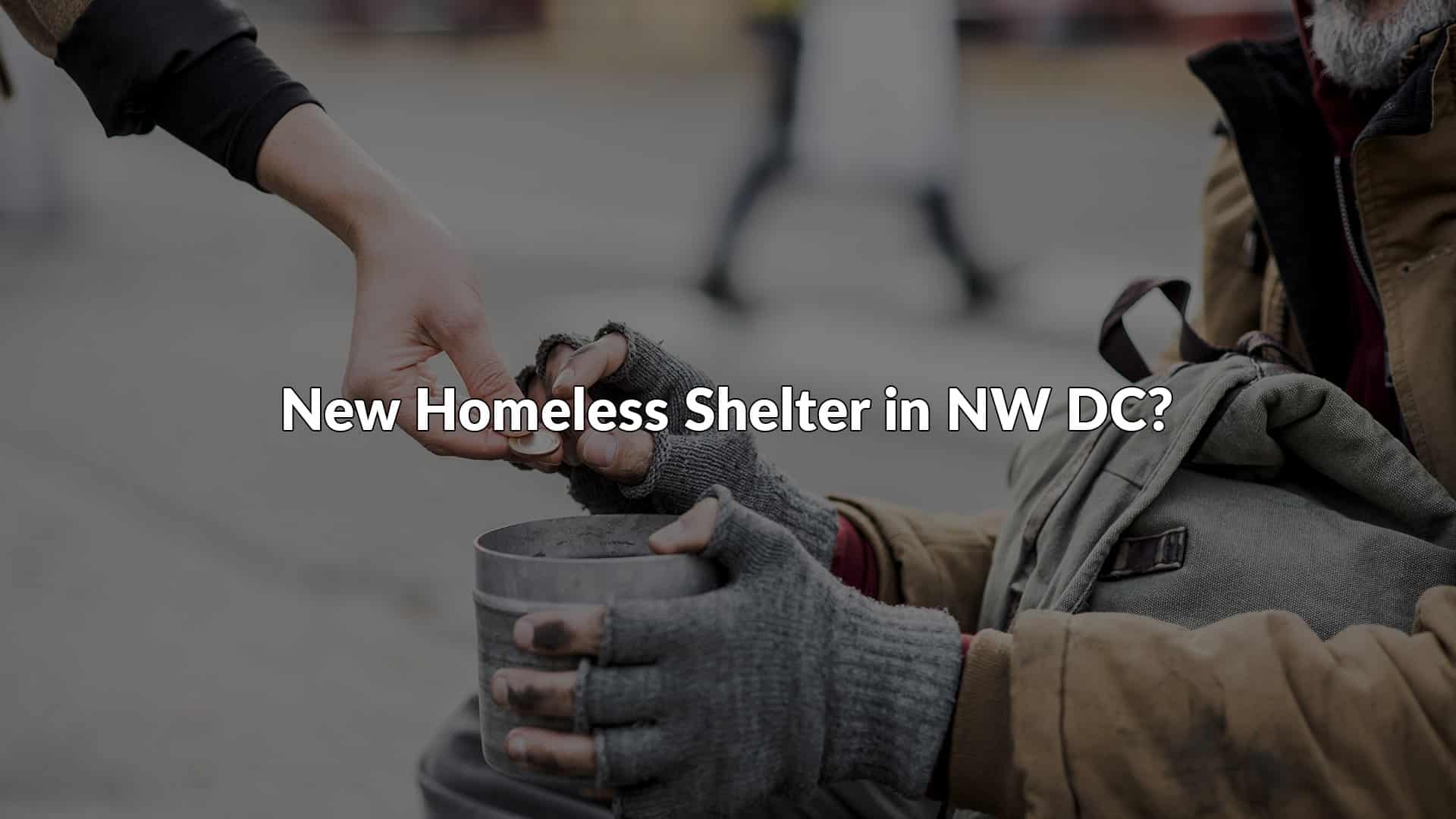WMATA’s Proposed Policy Rule Changes Could Disproportionately Harm Marginalized Populations in the DMV Area
~Survivors of Sex Trafficking, Sex Workers, LGBTQIA+, and Trans Women and Women of Color Face the Disparate Implementation of the New Policy~
Click HERE to download the original Press Release
(July 27, 2021 – Washington, DC) The Washington Metropolitan Area Transit Authority (WMATA) issued a press release this month stating, “The Metro Board of Directors Safety and Operations Committee … approved a proposal to suspend access to Metrorail and Metrobus for those arrested for sex and weapons related offenses on the system.” The full WMATA Board will vote on the proposal on Thursday, July 29, 2021.
The Amara Legal Center has several concerns about the policy changes that would allow for suspensions from access to the Metrorail and Metrobus for up to one year for individuals who are arrested for sex-related offenses on Metro property. WMATA has stated that this is in an effort to increase rider safety and to address an increase in sex-related offenses on the Metro, including indecent exposures. There appears, however, to be very little oversight of this process and a real potential to violate the civil rights of individuals during enforcement.
The broad and undefined new language invites excessive discretionary policing, increased racial profiling and will likely result in an uneven application of the rules, particularly when it comes to women of color and trans women of color, who comprise the majority of Amara’s client population. For example, if WMATA security sees an individual who is wearing clothing or acting in a manner that they deem too inappropriate, they can be arrested and receive a ban.
“In addition, this policy will have a disparate impact upon both sex workers and sex trafficking survivors,” said Amara Legal Center Executive Director Carole Bernard. “Sex-related offenses includes solicitation, meaning that if individuals are either soliciting for sex work, whether or not it’s of their own volition, or even suspected of soliciting, they can receive a ban.
The undefined “sex related offense” also places no import on the intent of the offense, thus an individual who is arrested for urinating and an individual arrested for intentionally exposing themselves to another with the intent to to harass are treated equally. This will likely have a disparate impact on individuals with mental health problems who should not be suspended or banned from public transportation when they did not possess the requisite intent.
WMATA’s New Policy Will Harm Amara’s Clients
“We disagree with the substance of WMAT/\s new policy, which is unduly punitive and criminalizes the poor,” said Amara Staff Attorney and Policy Counsel Sidney McCoy. “WMATA is a necessary service for low-income individuals in the Washington, DC metro area, and low-income individuals rely on public transportation to get around: be it to their job, school, doctor’s appointments, to vote, and to even court appointments. Restricting access to both the Metrorail and the Metrobus, based on the discretion and biases of officers, will not only create a new pipeline to the criminal legal system, but also greatly restrict – if not completely eliminate – the ability for low-income individuals’ and marginalized populations to travel and live their lives.”
Amara stands in opposition to WMAT/\s new policy, as written. At minimum, Amara proposes the narrowing of the language so as not to include all sex-related offenses and to limit it to non-consensual related offenses. We also request that WMATA adds language to define what a suspendable offense is and what can constitute it. Amara is not against accountability for those who are intentionally sexually harassing or assaulting individuals on the Metrorail or Metrobus, but a blanket ban- which can and will affect people’s ability to take part in their livelihood and possibly their freedom – is not the solution.
About Amara Legal Center
The Amara Legal Center provides free trauma-informed legal representation, access to support services, and advocacy for a more equitable legal system for individuals impacted by sex trafficking or involved in sex work in the DC-metro area. Visit www.amaralegal.org.



